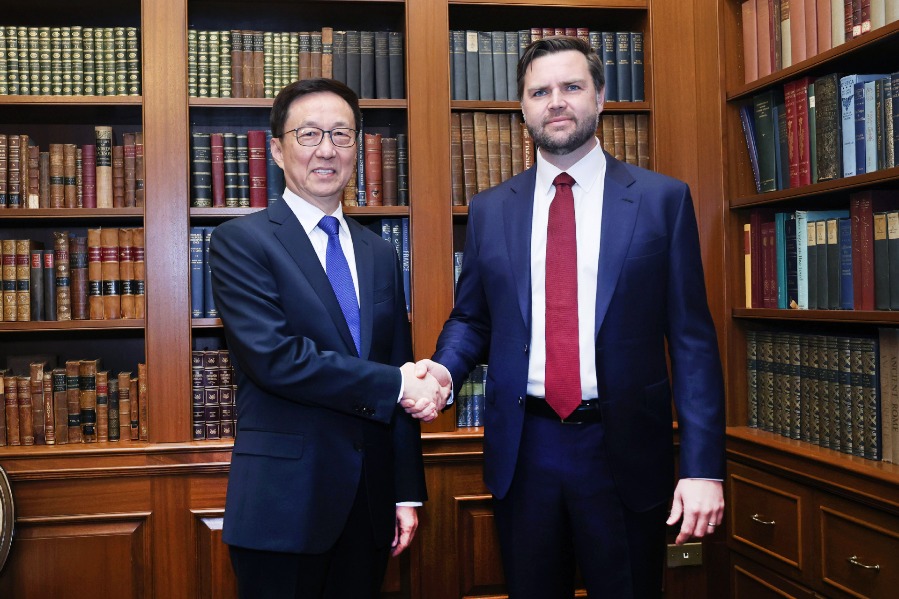Developing countries' cyber risks addressed


The greater vulnerabilities of developing countries to cybersecurity threats have come in for attention at an international conference seeking ways to bolster defenses.
The Global Cybersecurity Forum in Riyadh this week heard how developing nations have large gaps in their internet security frameworks.
Experts addressing the forum in the Saudi capital voiced concern that the developing world has been lagging on the issue of advancing cybersafety. The two-day event, on the theme "Rethinking the global cyber order, why?", ended on Thursday.
Speakers shone a spotlight on the gaps that have been hindering some 2.7 billion people from going online, and highlighted the need to strengthen cybersecurity infrastructure in developing countries that are unequipped to safeguard against cyberattacks. The vulnerabilities of the least developed countries were also highlighted.
At a session entitled "No Nation Left Behind", Doreen Bogdan-Martin, secretary-general elect of the International Telecommunication Union, a United Nations agency for information and communication technologies, said that with the launch of the Global Cybersecurity Index, or GCI, in 2014, more countries can benchmark themselves and look to others' experiences and best practices.
The GCI is a reference that measures the commitment of countries to cybersecurity at a global level, and is aimed at raising awareness of the importance of the issue.
"We're also seeing gaps and this is where we have to be focusing because countries are advancing but the ones that need to be prepared are the developing and least developed countries, (which) are not advancing quickly enough," Bogdan-Martin told the audience.
She highlighted the lack of certification, strategies and expertise needed, and that they would need to "dive deep" as "a third of humanity has never connected to the internet".
Khumbudzo Ntshavheni, South Africa's minister for communications and digital technologies, said cybersecurity "is not only a personal information issue" but "also a national security information issue".
She said that "you cannot connect everyone in South Africa without connecting the neighboring countries". The minister also said that being connected is to participate in the digital economy, which is something nations cannot do in isolation.
Female participation
Turning to groups that are often left behind, Abdullah Alswaha, Saudi Arabia's minister of communication and information technology, spoke of his nation's achievements when it comes to Saudi women in the cybersecurity sector.
The Arab nation has seen the rate of female participation in the sector reach 45 percent, according to statistics from the Saudi Federation for Cybersecurity, Programming and Drones. In global terms, the corresponding figure is about 25 percent.
In another session, former Indian foreign minister Shyam Saran said the kind of challenges the world is facing today are "global in dimension" and "cross-national in character".
jan@chinadailyapac.com

































